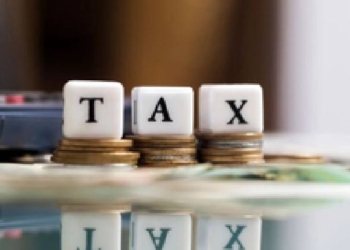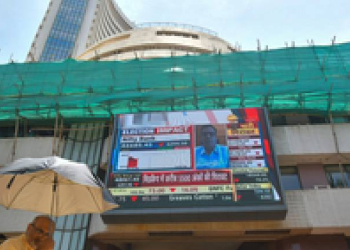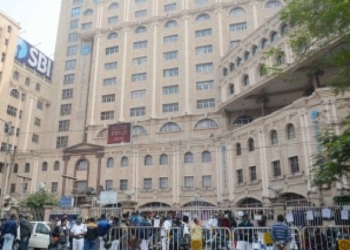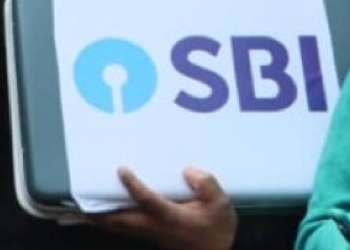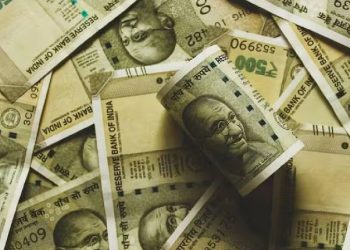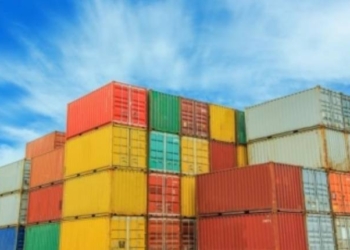New Delhi: The RBI on Wednesday hiked the repo rate by 25 basis points to 6.5 per cent and projected GDP to grow at 6.4 per cent in 2023-24.
The central bank Governor Shaktikanta Das announced the decision after the three-day
deliberations of the RBI’s rate setting panel — the monetary policy committee (MPC), which took a majority decision to hike the key rate.
Meanwhile, in his customary address after the committee’s meeting, Das said that amid volatile global developments, the Indian economy remains resilient.
The monetary policy was confronted by unprecedented contraction of economic activity followed by a surge in global inflation, he said.
The central bank has kept the real GDP growth forecast for 2023-24 at 6.4 per cent.
For the first quarter of 2023-24, the growth rate is expected to be at 7.8 per cent, for the second quarter at 6.2 per cent, projection for the third quarter is likely to be 6 per cent while for the fourth quarter it could be at 5.8 per cent.
For the current fiscal, the RBI has kept the retail inflation projection at 6.5 per cent, while for the March quarter it is projected to be at 5.7 per cent.
The retail inflation forecast for 2023-24 has been kept at 5.3 per cent.
Since May last year, the RBI has increased the short-term lending rate by 250 basis points, including Wednesday’s hike, a move aimed at containing inflation.
Das announced that the central bank will keep its policy stance maintained at “withdrawal of accommodation” because inflation still remains in a sticky zone.
“MPC will remain focused on the withdrawal of accommodation,” he said.
However, with the inflation cloud starting to loft, the RBI revised its growth forecast in the February policy meeting.
The RBI has revised its GDP target for 2023-24 to 6.4 per cent with the first quarter expected to see a growth of 7.8 per cent.
Meanwhile, commenting on rupee, the governor said that it has remained one of the least volatile currencies among its Asian peers and continues to be so.
He added that the volatility of rupee during the current phase of shocks is far lower than seen during the global financial crisis.
Unprecedented events of the last three years have put to test monetary policy across the world, he said while commenting on the overall global economic scenario.
“Emerging market economies are facing sharp tradeoffs between supporting economic activity and controlling inflation while preserving policy credibility. The global economic outlook doesn’t look as grim now as it did a few months ago, growth prospects in major economies have improved while inflation is on a descent though inflation still remains well-above the target in major economies”, Das noted.
(IANS)




